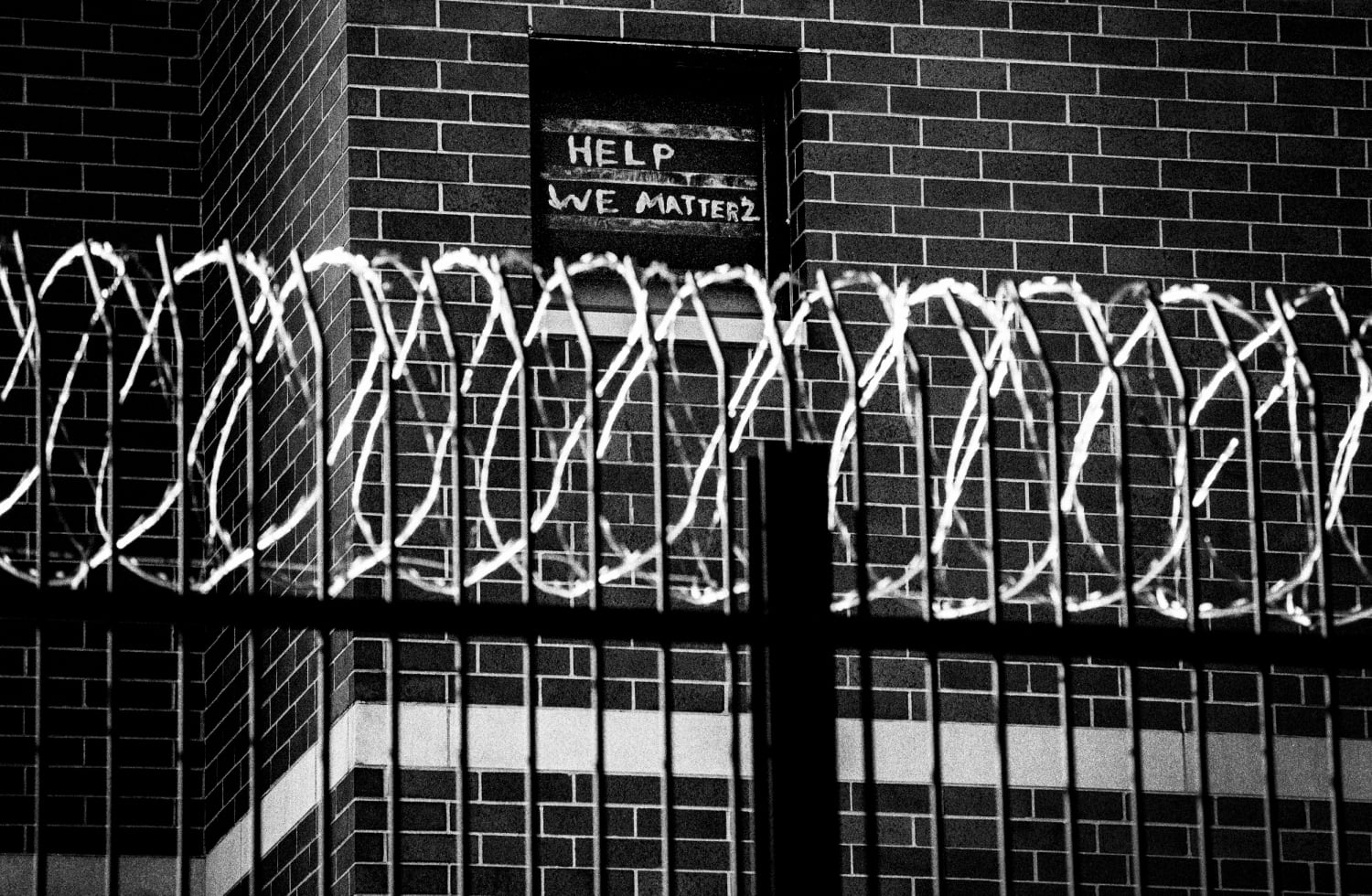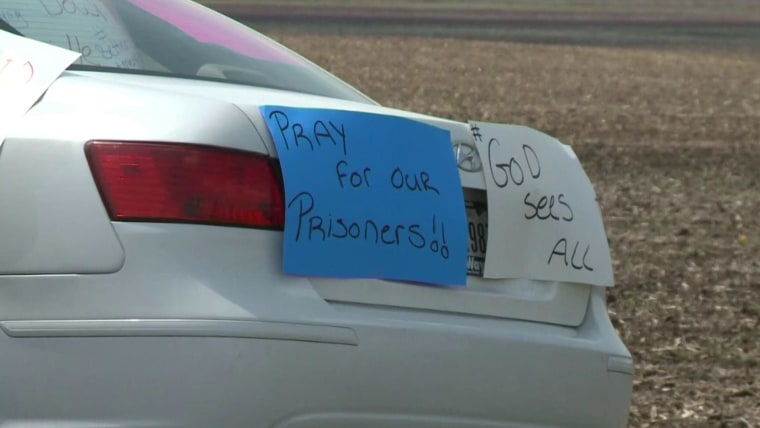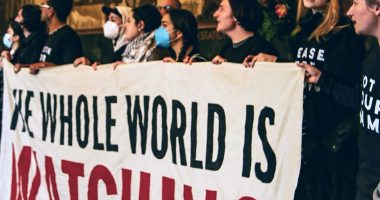As we approach 300,000 pandemic-related deaths in the United States, we can’t forget that the five largest Covid-19 clusters are in prisons. While federal officials say that corrections staff should receive high priority for a vaccine, they have not advocated for the 2.2 million individuals they care for daily. Allocating precious medical resources to people who are serving time may be anathema to much of the public, but elected officials must show some backbone by protecting this highly vulnerable population — for both moral and health reasons.
For Covid-19, prisons, jails and other detention centers are arguably the worst environment to be living in. These populations are uniquely vulnerable to the virus.
Indeed, many major health organizations, like the American Medical Association and John Hopkins’ Center for Health Security argue for vaccinating incarcerated and detained persons quickly because of the reality of the conditions in which they live; in prison, they are unable to maintain social distancing and often have no access to proper medical care. Congregate settings like assisted living and nursing home facilities are already top of the list; it would follow that detention centers and prisons should also be among the first places vaccines are distributed.
Incarcerated people are members of our society, too — ones often at high risk during crises because their health and wellbeing is rarely prioritized. They are left behind during natural disasters when others are evacuating, and they are not always provided medicine they need in a timely manner.
When Hurricane Katrina hit the Gulf of Mexico in 2005, incarcerated people around New Orleans suffered for days without food, water or adequate ventilation. They were left to die on top of a bridge while floodwaters rose around them. During Hurricane Irene in 2011, there was no evacuation plan for those on New York’s Rikers Island, and the lack of care and planning for prisoners happened again the next year during Hurricane Sandy.
For Covid-19, prisons, jails and other detention centers are arguably the worst environment to be living in. These populations are uniquely vulnerable to the virus: Confinement is the antithesis of social distancing as cells are small and shared showers and common areas are natural Covid incubators. Meanwhile, supplies like soap and masks are scarce, while testing is inadequate. If all of that isn’t bad enough, those who contract the virus often land in solitary confinement because prisons have nowhere else to quarantine them.
As a consequence, incarcerated individuals are four times more likely to become infected than people in the general population, according to a study by a criminal justice commission. Overall, Covid-19 mortality rates among prisoners are higher than in the general population. It’s important to keep in mind that many of these people haven’t even stood trial. In Texas jails, for instance, 80 percent of the incarcerated people who have died from Covid-19 were never convicted of a crime.
And it’s not just the inmates and staff that are at risk. Outbreaks that start in prisons and jails can spread to the surrounding community. In particular danger are Black and brown people, who are disproportionately incarcerated, convicted, infected and killed by the coronavirus. If the U.S. cares about the safety and human dignity of our most marginalized people, then our incarcerated brothers and sisters must receive the care and basic human respect they deserve.
To start with, strategic planning can and should be available for all governmental agencies when it comes to this group. The Federal Emergency Management Agency has resources and plans for dealing with natural disasters and other emergencies — but often not for prisons and incarcerated populations.
Sen. Tammy Duckworth, an Illinois Democrat, hopes to improve this situation going forward. Emergency legislation she introduced in September, the Correctional Facility Disaster Preparedness Act, would require the Bureau of Prisons to provide an annual damage assessment report to Congress after a federal disaster declaration. This report would cite the health and safety of those in federal custody and recommend corrective actions for state and local facilities to improve emergency procedures.
But we need urgent action now, with vaccines prioritized for distribution among incarceration facilities along with nursing homes and health care settings. Vaccines need to reach people in ways that uplifts the common dignity and humanity of those trapped within the prison and jail systems.
We should be ashamed that fellow Americans have suffered and died needlessly until now because the federal government has failed to act on the advice of national health and medical organizations to protect public health during the ongoing Covid-19 pandemic.
President-elect Joe Biden’s administration provides a chance to course correct by listening to those experts now urging vaccination of incarcerated people. Enacting federal incentives for states and local governments that protect the health of every citizen, including those who are incarcerated, would also be a significant step.
All people are worthy of care. New policies must be truly equitable and ensure everyone’s human rights and dignities are protected.
Source: | This article originally belongs to Nbcnews.com











